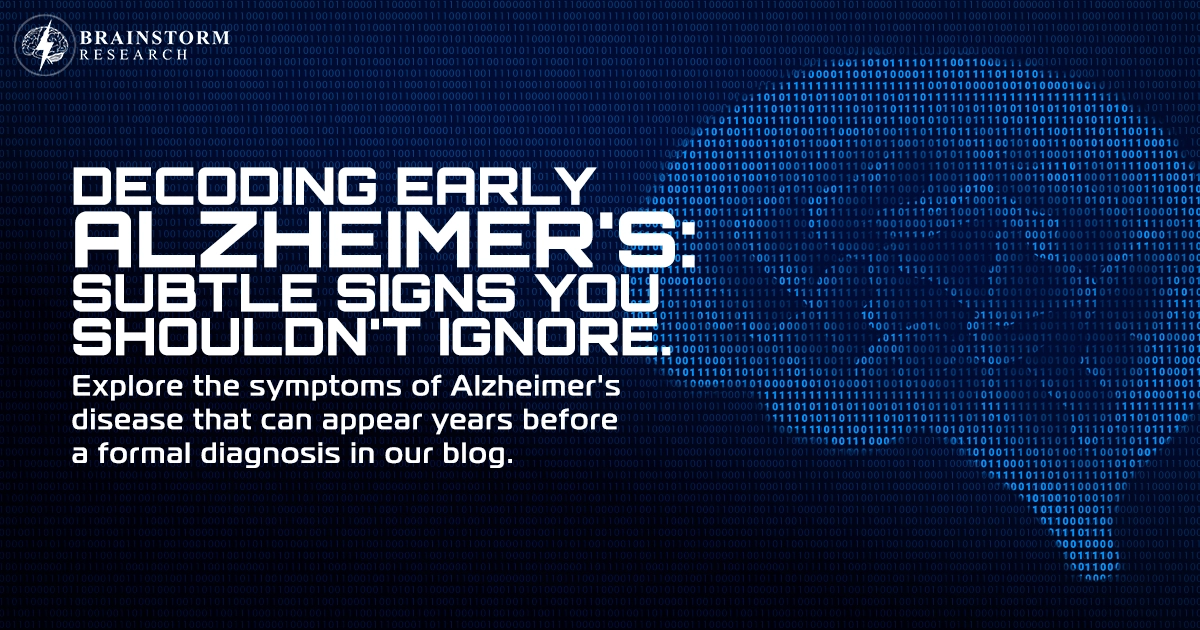Alzheimer’s disease, the most common cause of dementia, is often associated with significant memory loss. However, the journey into Alzheimer’s typically begins long before these more pronounced symptoms become apparent. Recognizing the subtle, often overlooked signs of early Alzheimer’s can be crucial for timely diagnosis, intervention, and access to support. These initial changes can be easily dismissed as normal aging or stress, which is why awareness is key.
Here are some subtle signs of early Alzheimer’s that you shouldn’t ignore:
- Subtle Memory Changes: Difficulty remembering newly learned information, repeatedly asking the same questions, or increasing reliance on memory aids.
- Challenges in Executive Function: Difficulty with planning, problem-solving, organizing tasks, or following multi-step instructions.
- Visuospatial Issues: Difficulty judging distances, misinterpreting visual information, or problems with navigation in familiar places.
- Changes in Language: Difficulty finding the right words, frequent pauses in conversations, or using vague language.
- Shifts in Mood and Personality: Increased irritability, anxiety, apathy, or social withdrawal.
It’s important to remember that experiencing one or two of these signs doesn’t automatically mean someone has early Alzheimer’s. However, the presence of multiple, persistent changes that are noticeably different from an individual’s previous abilities should prompt a conversation with a doctor.
Early detection not only allows for access to available treatments and participation in research but also empowers individuals and their families to make informed decisions about their care, future planning, and support systems. This can include legal and financial arrangements, exploring support groups and resources, and having important conversations about preferences for care as the disease progresses. Taking proactive steps after noticing subtle changes can significantly impact the journey of living with Alzheimer’s, fostering a greater sense of control and preparedness.

Brainstorm Research is actively involved in conducting clinical trials for Alzheimer’s disease, offering individuals the opportunity to contribute to cutting-edge research and potentially access novel therapies. If you or a loved one have been diagnosed with Alzheimer’s, clinical research may be an avenue for better understanding and treatment. Explore enrolling clinical trials.




